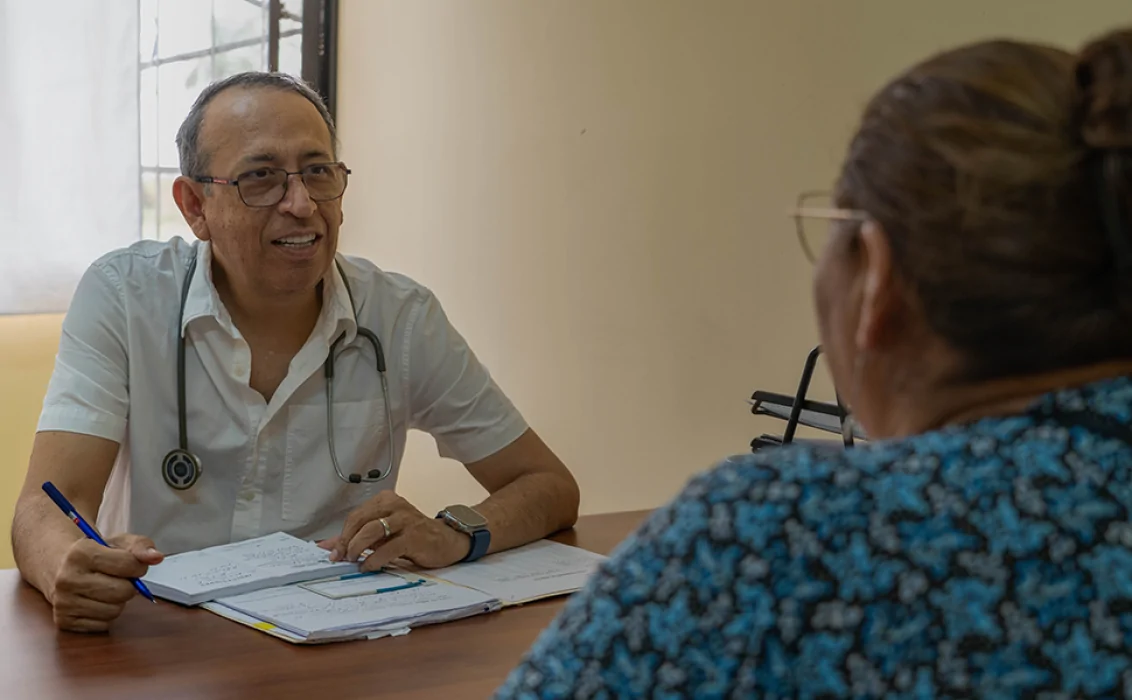New estimates published last week in The Lancet indicate that more than 1·31 billion people worldwide could be living with diabetes by 2050. The data confirms diabetes as one of the leading causes of death and disability worldwide, affecting people regardless of country, age group, or sex. The increase in prevalence is expected to be driven by increases in type 2 diabetes, which in turn will be caused by a rise in the prevalence of obesity and by demographic shifts.
Location-specific, age-specific, and sex-specific estimates of diabetes prevalence and impact were produced for the period 1990-2021 using the most recent evidentiary and analytical framework from the Global Burden of Diseases, Injuries, and Risk Factors Study (GBD).
IDF Diabetes Atlas co-chairs Professors Dianna Magliano and Edward Boyko contributed* to the The Lancet article and provided the following comment on the GBD study estimates:
The Global Burden of Disease Study estimates confirm how common diabetes has become with over a half a billion people affected in 2021 and no country spared from the pandemic. The GBD study estimate of 529 million people living with diabetes in 2021 is supported not only by the rigorous methodology which produced it, but also by its agreement with the global estimate of 537 million published in the IDF Diabetes Atlas 10th Edition in December 2021. The GBD study projects an increase to 1.31 billion by 2050, which represents a more than two-fold increase in diabetes cases worldwide. As a point of comparison, the IDF Diabetes Atlas 10th edition also predicted a substantial increase in the number of diabetes cases to 783 million by 2045, among adults aged 20-79.
Both set of estimates portend a sobering global situation and provide stimulus to call our governments into action to find new ways to prevent diabetes and improve diabetes care. This is especially important for the regions of the world where the impact of diabetes will be the largest. The IDF Diabetes Atlas team commend the GBD authors on this work and their continued dedication to improving the lives of people with diabetes.
*The IDF Diabetes Atlas co-chairs contributed to the article but had no role in the analytic process that produced the published estimates.



